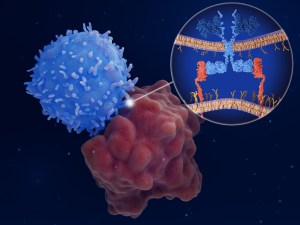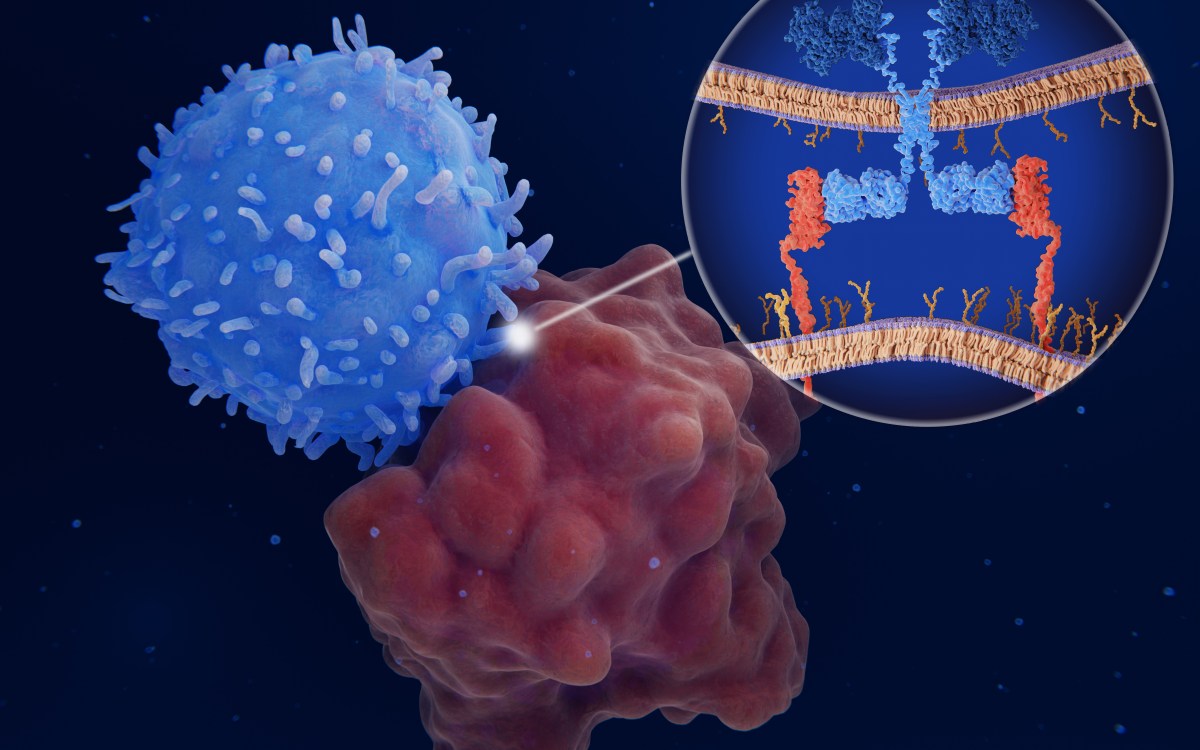Researchers find better way to predict childhood brain tumor outcomes
Pediatric neurologist Scott Pomeroy and colleagues have found a better way to predict outcomes of treatment
About 2,000 children a year are diagnosed with medulloblastoma, or brain tumor. In a study, researchers examined gene expression patterns from 99 patient tumor samples of three different types of brain tumors. In addition to distinguishing tumor types from each other, the study found strong expression of a signaling protein known as “Sonic Hedgehog,” which is supposed to be turned off after it performs its crucial functions during fetal brain developing. Pediatric neurologist Scott Pomeroy, associate professor at Harvard Medical School, was first author of the study, which confirmed other work in fruit flies and humans implicating mutations in the Hedgehog signaling pathway as responsible for turning normal cerebellum into cancerous cells. “The bottom line [of the study] is that there exists a gene expression signature of outcome in childhood medulloblastoma, and this signature is detectable at the time of diagnosis, before patients receive treatment,” says pediatric oncologist Todd Golub, senior author of the study paper. “It is important not only for medulloblastoma, but because it suggests that such signatures are likely to be detectable for other cancers as well.” Golub is an assistant professor of pediatrics at Harvard Medical School and holds joint appointments at several Boston hospitals.





